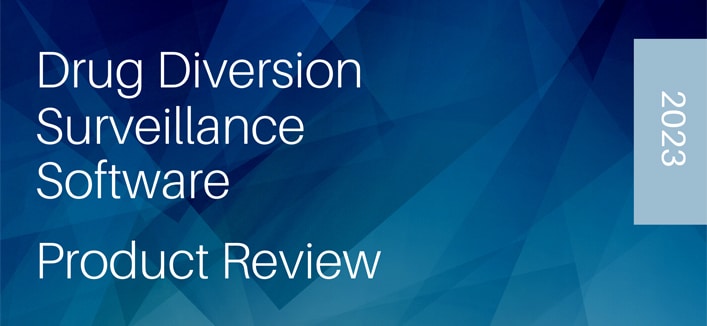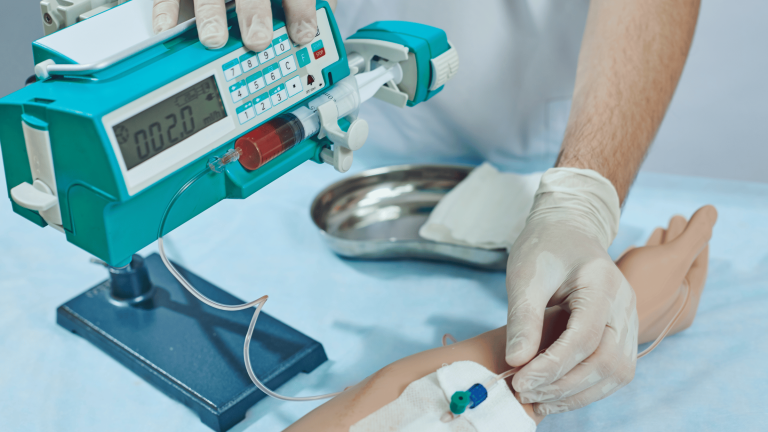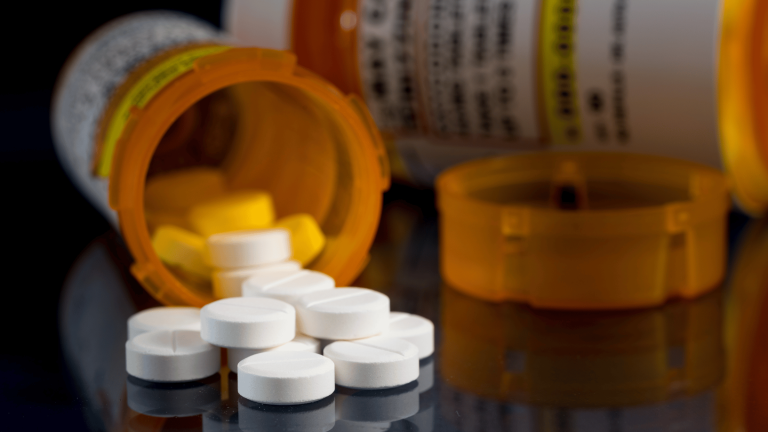Message of Hope
For many, the holidays are a time of struggle. The reason for the struggle varies. I am hoping at least one person struggling with substance
A comprehensive on-site review of your current processes is necessary to identify areas of risk.
Federal and state laws address the need for controlled substance monitoring and reporting
Much time and energy may be devoted to monitoring for drug diversion, and once suspected,
Federal and state laws address the need for controlled substance monitoring and reporting
As Rxpert Solutions’ lead consultant, Terri Vidals has years of experience in drug diversion monitoring

For many, the holidays are a time of struggle. The reason for the struggle varies. I am hoping at least one person struggling with substance
In the fast-paced world of healthcare, where decisions can have life-altering consequences, the terms “accountability” and “responsibility” often get thrown around interchangeably. However, these two

Health Care Diversion
https://healthcarediversion.org
DEA Office of Diversion Control
https://www.deadiversion.usdoj.gov/
International Health Facility Diversion Association
https://ihfda.org/
Opioid prescribing
https://www.teaterhs.com/

Medication theft is a serious problem in facilities. It can occur for a variety of reasons, including employee substance use disorder (SUD), financial gain, and

In the world of healthcare, ensuring the safety and well-being of patients is paramount. One of the key aspects of patient care involves pain management.

During the past few years, the opioid epidemic has been the most significant healthcare crisis in America. Addiction to prescription opioids and other opioids dramatically

Properly executed witnessing can be tough to achieve, and hospitals may face challenges when ensuring this process. In this blog post, we’ll discuss the importance of diligent waste witnessing in mitigating drug diversion and the measures healthcare facilities can take to implement these practices successfully.

As healthcare providers, it’s our responsibility to ensure that our patients receive the right medications at the right time. Sadly, diversion, or the theft or

What is the right time duration for recognizing patterns of diversion?

Controlled substance diversion in healthcare settings is a serious issue that puts patients at risk and affects the integrity of the facility. Controlled substance diversion
Some of you may recall my previous blog telling of a medication error that happened to someone close to me. I sat in the car

Recently a Surgeon General Advisory called attention to the public health crisis of loneliness, isolation, and lack of connection in our country. U.S. Surgeon General

Prescription drug abuse has become a widespread problem across the United States in recent years. This growing issue has led to increased scrutiny of healthcare

Medication administration policies are in place to ensure that patients receive the right medication, at the right time, and in the right dose. Failure to follow these policies can have serious consequences for the patient.

© Copyright 2023. All Rights Reserved.